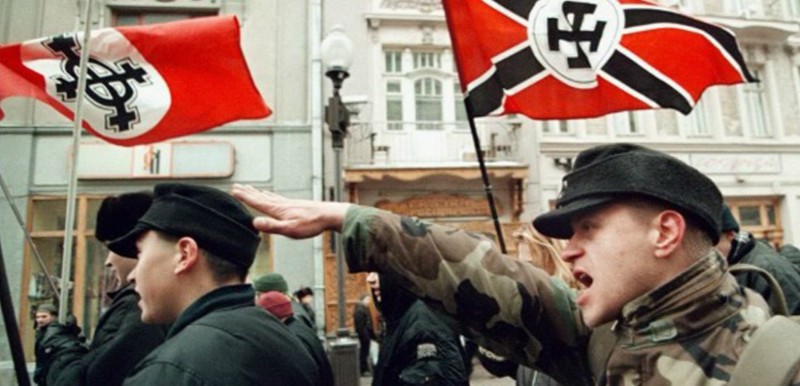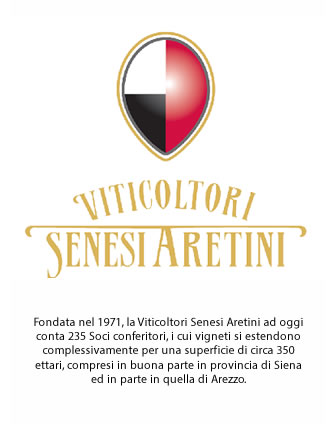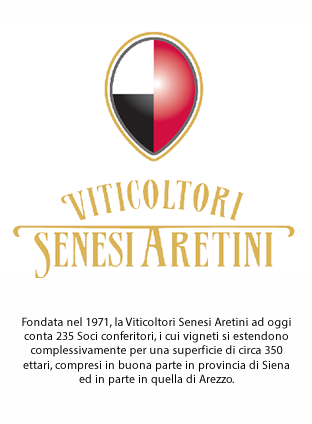“Italian Graphic Design” is a series of six encounters about graphic design and visual communication in Italy in the 20th century. Six chapters of a possible history of Italian graphic design, conceived in order to understand the role of graphic designers in giving shape and identity to Italy’s social, economic and cultural landscape.
In the third event of the series, Mario Piazza and Tony Brook will talk about the evolution of contemporary graphic design in publishing in 20th and 21st century Italy. Visual books projects designed in the last ten years by the students of the Politecnico in Milan will also be shown.
Under the patronage of:
AGI – Alliance Graphique Internationale
AIAP – Associazione Italiana Design della Comunicazione Visiva
BOOK NOW
Wednesday 24 January, 7pm
History and Democracy #2 – From the racial laws to the New Fascists
On the occasion of the International Day of Commemoration in Memory of the Victims of the Holocaust (on January 27 each year) Professor Paul Corner (Universita’ degli Studi di Siena) speaks about fascism and its repercussions on our recent and contemporary history. In conversation with Andrea Mammone (Royal Holloway, University of London).
Paul Corner is a British historian specialized in contemporary history. He teaches European History at the Universita’ degli Studi di Siena, where he is also Director of the Centro Interuniversitario per lo Studio dei Regimi Totalitari del Ventesimo Secolo (Centre for the Study of the Totaliatarian Regimes in the XX Century), subject that he has extensively explored in his best known works Popular Opinion in Totalitarian Regimes. Fascism, Nazism, Communism (Oxford, 2009) and The Fascist Party and Popular Opinion in Mussolini’s Italy (Oxford, 2012).
He is a member of the Senior Room of St Antony’s College, Oxford.
In 1992 he co-founded the Pontignano Conference.
Andrea Mammone is a historian of modern Europe. His main research interests include post-war and recent European far right parties, interwar fascism, and wider work on Italian history, politics and society. He has published extensively on such themes, and regularly contributes to the media and press.
BOOK NOW
Thursday 25 January, 7.30pm
Italian Songbook – a jazz music programme presented by Jason Rebello, Enzo Zirilli and Dario Di Lecce
Italian Songbook – a jazz music programme presented by the worldwide acclaimed pianist Jason Rebello, the outstanding drummer Enzo Zirilli and the irresistible Dario Di Lecce on the double base.
This brilliant trio will take you on a trip through the Italian music from the 1950s till the present day. They will play compositions by singers songwriters such as Luigi Tenco, Paolo Conte, Domenico Modugno, Umberto Bindi, Lucio Dalla, Pino Daniele, Gino Paoli, Lucio Battisti and other composers such as Ennio Morricone and Nino Rota.
BOOK NOW
Friday, 26 January, 7pm
A Photographic evening
MEND by Leonie Hampton & WE COULD BE HEROES by Marco Sconocchia
Do not miss our event dedicated to photography, Friday 26 January 2018 at the Institute.
At 7pm, photographer Leonie Hampton will be in conversation with Francis Hodgson about her Rome Commission 2017 exhibition “Mend”, the first of a series of talks organised in collaboration with Photo London, prior to the third edition of the fair in May.
“Mend” is the latest work of photographer Leonie Hampton, on the occasion of the XV Rome Commission, a project curated by Marco Delogu: every year, an international photographer is invited to travel to Rome to capture something of the “Cittá Eterna”.
an international photographer is invited to travel to Rome to capture something of the “Cittá Eterna”.
For Leonie, this has been a unique opportunity to explore her anxieties about how the contemporary world can feel dislocated. This includes her fears for the next generations, from the paralysis shown by mankind in the face of environmental destruction to the growing division of wealth that now encourages so many to risk their lives to cross perilous borders.
The talk will be introduced by Michael Benson, Founding Director of Photo London.
The same evening, the opening of “We Could Be Heroes”, the result of a six year residency in the UK, “We Could Be Heroes” is a study of the British working and under working classes through the eye of Italian photographer Marco Sconocchia.
From the council houses and council estates – the symbol of the “killed socialist dream Utopia” – to the life of crack users, to the atmosphere in the traditional, white working class pubs where Marco finds his heroes in the “drinkers, less well off, losers and idlers”, to the bareknuckle fights and the EDL, “the biggest and most violent right wing group in Britain”, to the antiheroes per antonomasia, the Irish Travellers, the white gypsies living all over Britain, the exhibition brings to life the world and underworld of modern Britain.
A reception will follow.
BOOK NOW – Mend
BOOK NOW – We Could Be Heroes
Friday, 26 January – Sunday 8 April
Camden Arts Center
Giorgio Griffa. A Continuous Becoming
Abstract painter Giorgio Griffa, closely linked to the Arte Povera movement, first became known in the 1960s as part of an Italian generation of artists who sought to radically redefine painting.
Believing in the ‘intelligence of painting’, Griffa allows surface, colour and marks – painting’s essential elements – to form the work: the type or width of the brush; the colour or dilution of the paint; and the nature of the canvas, whether linen, cotton, hemp or jute. Often working on the studio floor, Griffa’s rhythmic, formal gestures soak into the unprimed, unstretched material, reflecting on painting as a performative, time-based process. Griffa’s minimal and primordial marks are embedded in his fascination with quantum energy, time-space mathematics, the golden ratio and the memory of visual experience since time immemorial. Suggesting the ongoing and organic life of the painting, lines and brushstrokes are deliberately cut short and the canvas is never filled; never a finished or complete object, but a process viewed in the moment, Griffa’s works remain open as a metaphor for a permanently unfinished space.
At the age of 81, Griffa continues to make work in his studio in Turin; this exhibition spans the breadth of the artist’s practice, incorporating works from the 1960s through to today.
A cura di Katya Marletta

